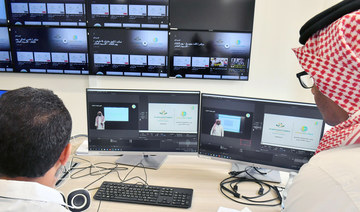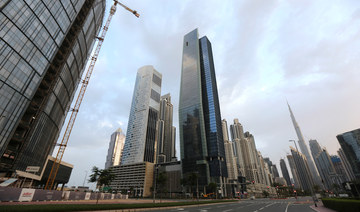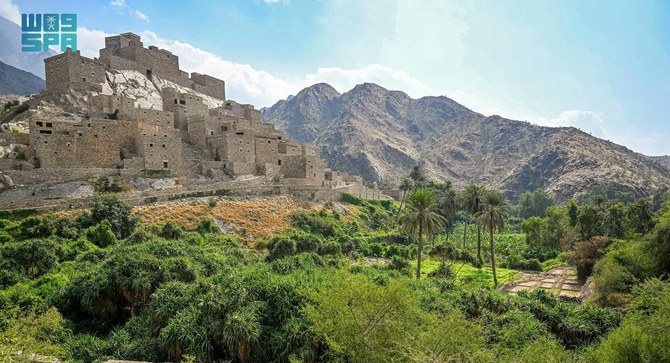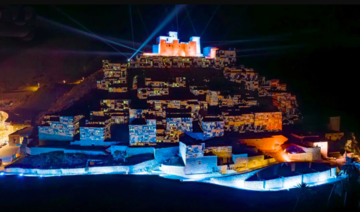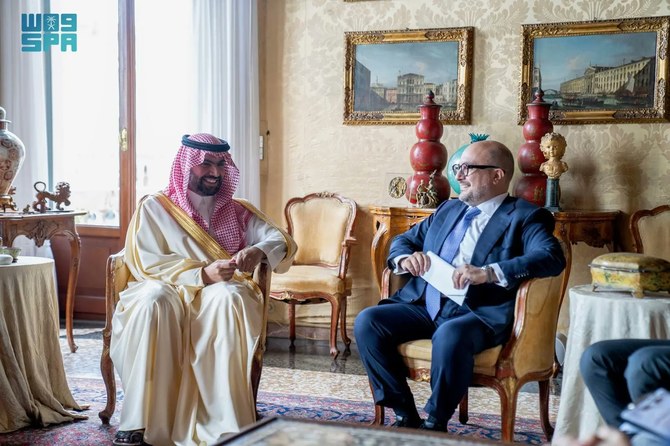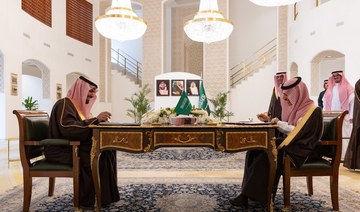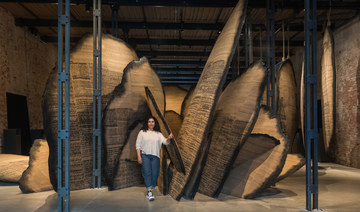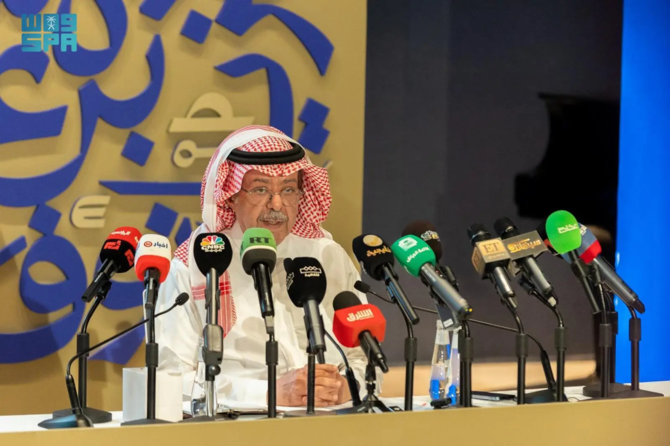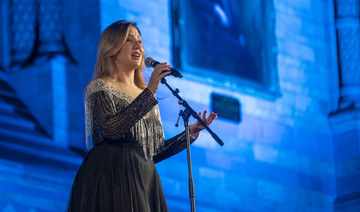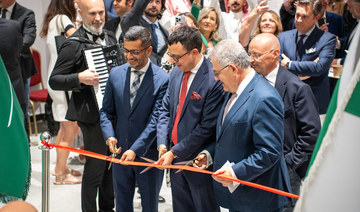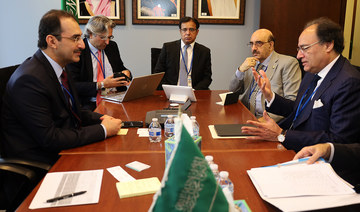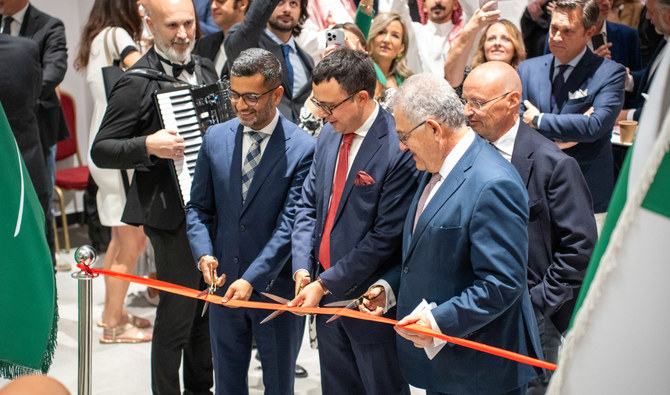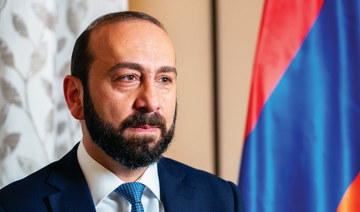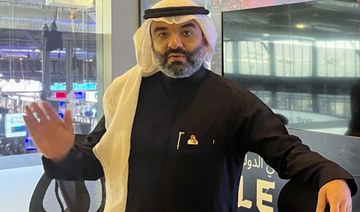JEDDAH: The number of people who registered with the Saudi e-training platform (Doroob) between March 16 and 26, across 365 various programs, has reached 38,000.
The director for the development of training programs at the Human Resources Development Fund (HADAF) and supervisor of Doroob, Mohammed Al-Shuwaier, said the training programs had been designed to promote distance learning and provide needed experience in all fields and specializations required by the labor market, in line with the governmental precautionary and preventive measures to fight the coronavirus disease (COVID-19).
Al-Shuwaier noted that the quality of the programs had contributed to increasing the number of enrollees, with more than 3,500 people befitting from the interactive training sessions broadcast last week on Doroob.
Nahla Abul-ula, an HR expert, said companies in Saudi Arabia had been encouraging employees to benefit from online training opportunities for a long time through state-supported platforms like Doroob or through independent educational platforms.
“However, the global coronavirus disease (COVID-19) pandemic has made people more accepting of such modern means in order to keep pace with the accelerating life events,” the HR business partner at IKEA said.
“We will definitely see an increasing reliance on e-learning options in the coming period if the crisis continues,” she said.
E-learning is an individual effort, where learners seek to obtain information by themselves and employ the acquired skills to develop their abilities and experiences. Abul-ula considers virtual learning no less effective than classroom learning.
She said that employees and job seekers’ focus on development in this critical time will not only allow them to grow and take advantage of free time in their schedule but “will also give them better opportunities after the crisis is over.”
Doroob was launched by HADAF as part of the training and qualification programs aimed at developing the skills of students, job seekers and those wishing to be promoted in their jobs, to increase participation in the private sector and help job seekers find suitable opportunities.
Doroob is an integrated program that provides e-training programs and certification upon completion of requirements.
To register for the e-training courses, interested people can log on to doroob.sa.




